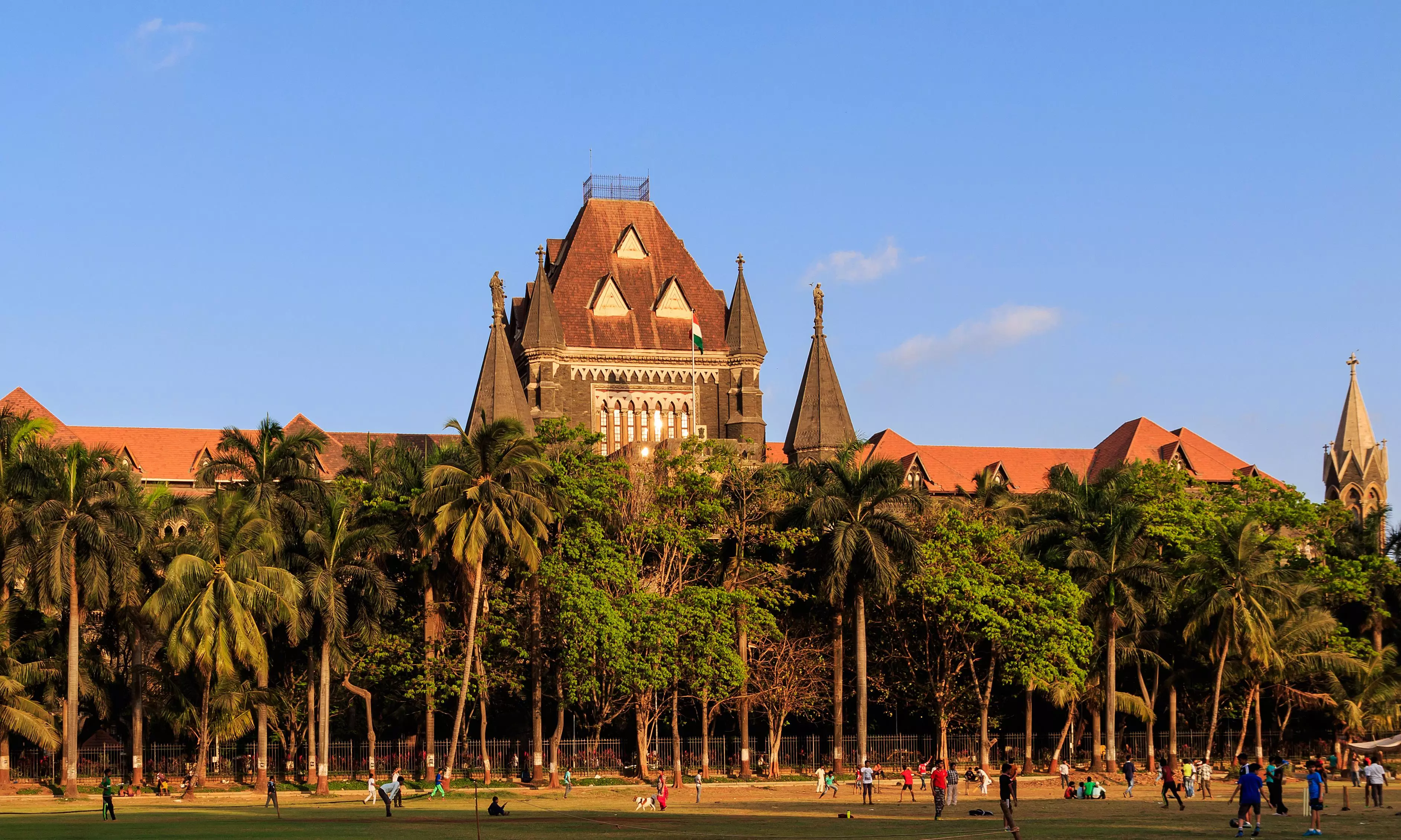Bombay HC strikes down amended IT Rules, terms them unconstitutional

Mumbai: Justice A.S. Chandurkar of the Bombay high court on Friday held that the Information Technology (Intermediary Guidelines and Digital Media Ethics Code) Amendment Rules 2023, specifically Rule 3, which empowers the Central government to form fact-check units (FCUs) for identifying false or fake news against the government on social media and online platforms, seeks to restrict the fundamental right to free speech and expression.
The matter was assigned to Justice Chandurkar as a "tie-breaker judge" after a division bench in January 2024 delivered a split verdict on the petitions challenging the amended IT rules. Justice Chandurkar has now ordered the matter to be kept before a division bench, which will formally announce the 2:1 majority verdict sticking down the amendment.
“I am of the opinion that the amendments are violative of Article 14 and Article 19 of the Constitution of India,” Justice Chadurkar said while pronouncing his "opinion" on the issue.
The IT Amendment Rules 2023 amended the Information Technology (Intermediary Guidelines and Digital Media Ethics Code) Rules 2021 (IT Rules 2021). The petitions, including one filed by stand-up comedian Kunal Kamra, had specifically challenged Rule 3, which grants the Centre the authority to form FCUs for identifying false online news.
Justice Chandurkar said the amendments also violate Article 21 and do not satisfy the “test of proportionality”.
Earlier, a division bench of the high court comprising Justices G.S. Patel and Neela Gokhale had delivered a split verdict on the matter. Justice Patel ruled in favour of the petitioners and struck down Rule 3, citing concerns about the potential for censorship of user content and the shifting of responsibility for content accuracy from creators to intermediaries. He emphasised the need for clear guidelines and criticised the imbalance in addressing grievances related to government information versus other sensitive issues.
However, Justice Gokhale upheld the validity of the amended rules, arguing that they target misinformation with malicious intent while protecting freedom of speech. She stated that a rule cannot be invalidated based solely on concerns of potential abuse, affirming that petitioners and users can approach the court if any intermediary actions infringe upon their Fundamental Rights.
Following the split verdict, the Chief Justice of Bombay high court had in February appointed Justice Chandurkar as the tie-breaker judge to hear the matter and give a final opinion on the petitions.
“I would agree with the view of Justice Patel that under the right to freedom of speech and expression, there is no further 'right to the truth' nor is it the responsibility of the state to ensure that the citizens are entitled only to 'information' that was not fake or false or misleading as identified by the FCU. Rule 3(1)(b)(v) seeks to restrict the Fundamental Right guaranteed under Article 19(1)(a) by seeking to place restrictions that are not in consonance with Article 19(2) of the Constitution,” Justice Chandurkar held in his order.

